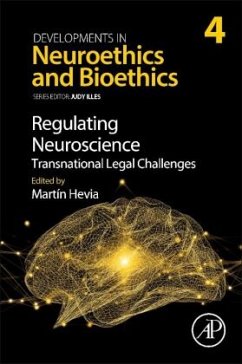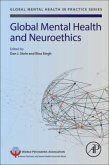The Volume Regulating Neuroethics: Transnational Legal challenges will focus on the new and fascinating ethical and legal challenges posed by neurotechnology and its global regulation. The Volume will address topics ranging from the foundations of neuroethics, free will and human liberty to their impact in criminal and civil liability, the legal regulation of biotechnological developments and its challenges for health, privacy and other fundamental human rights.







